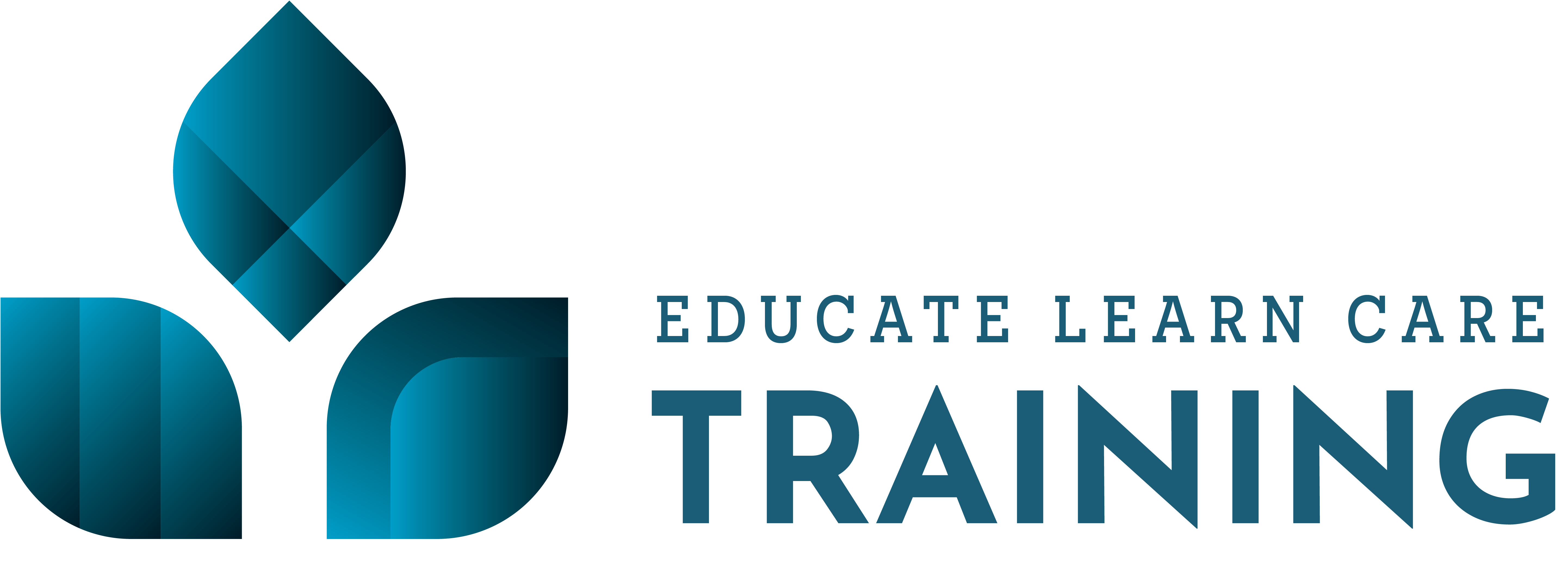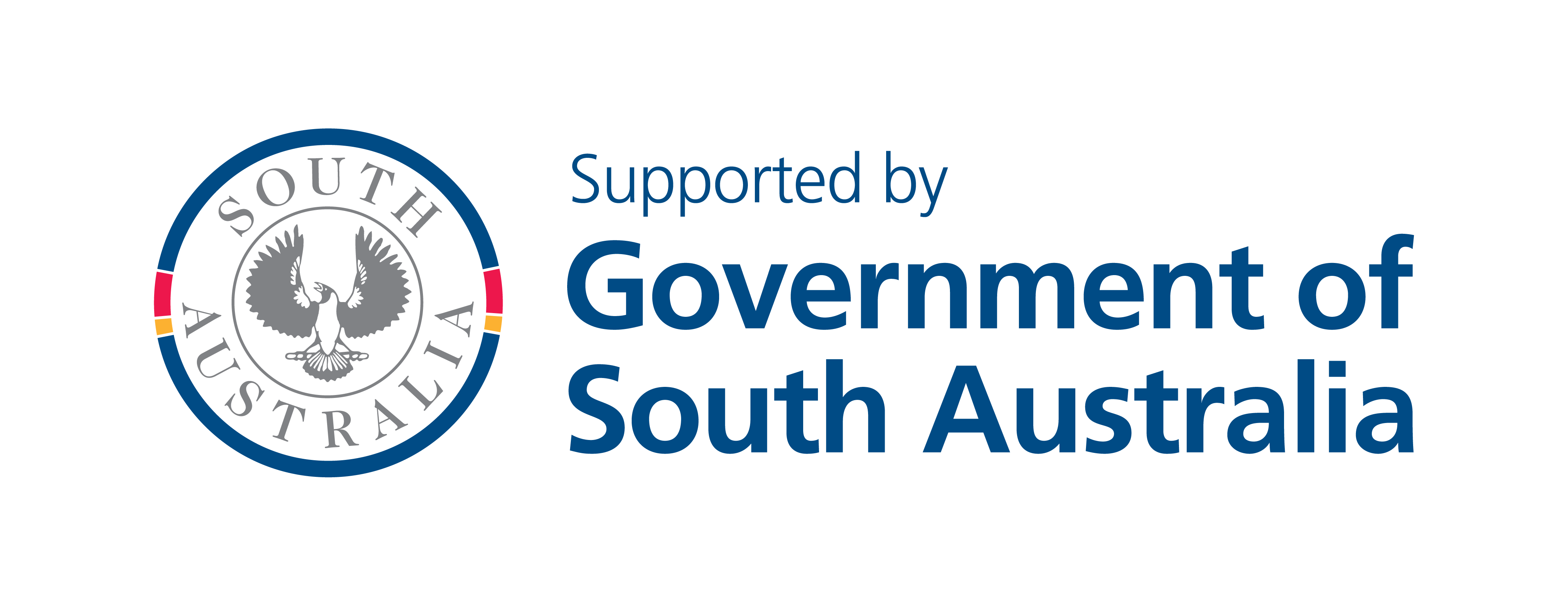What are they?
Have you heard of bridging units when enrolling into a government funded course? Well let me tell you a little more about them.
When you enrol in a government funded course in South Australia, you are required to sit the CPSA Upfront Assessment of Needs Test (Language, literacy, and numeracy test). The purpose of this test is to determine if a student has the required foundation skills to successfully complete a certain qualification. Each qualification has different LLN levels that a student must reach in line with the specific requirements to be able to enrol in their course and complete it.
If your tests results are not at the recommended level in reading, writing or numeracy, your results are then interpreted by an LLN specialist. This specialist will then determine what specific foundation skill bridging unit/units a student is required to complete to successfully progress in the qualification. If a student is interpreted and receives a recommendation of five (5) or more bridging units then they would be directed to complete the FSK20119 Certificate II in skills for work and vocational pathways qualification – This course is fee-free.
Only specific RTOs offer bridging course, this might mean that you need to do your bridging units with a different RTO than the one you are completing your chosen study with.
Do I have to do them?
Yes, if you wish to access funding for your course you must complete the bridging units allocated to you. You can complete these alongside your current studies. If you decline to undertake the foundation skills bridging units as agreed, you are not meeting the condition of access and are no longer entitled to subsidy for the vocational course. This could mean that you as the student now must pay for your course independently. Additionally, you cannot complete your chosen funded qualification without evidence that your bridging units are completed.
Why are they beneficial?
Studying any qualification has its challenges. Training organisations can implement a variety of support measures through plans and consultation with individual learners. Although learners still need an adequate level of foundation skills to successfully progress in their studies. There may be a high level of theoretical components involving reading, writing and numeracy. By completing the bridging units, you are acquiring essential foundation skills that will specifically support you in progressing competently through your qualification, to increase and support your success.
Author:
Stephanie Watson | Trainer Assessor



